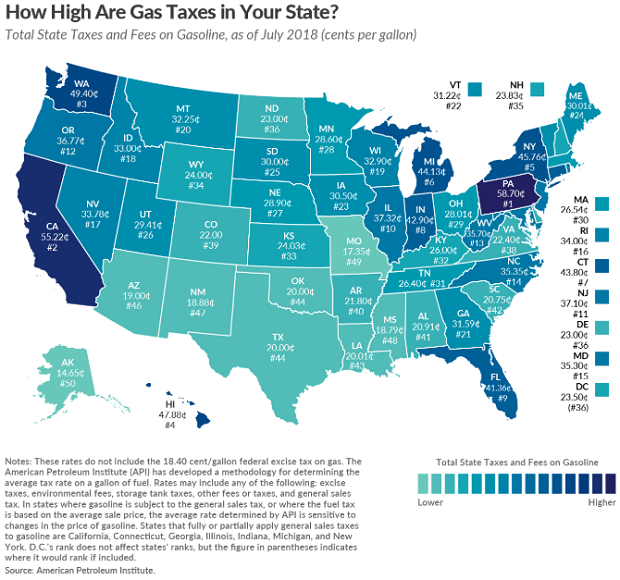Sweet, Sour, Salty and...Fat? Scientists Add a New Basic Taste
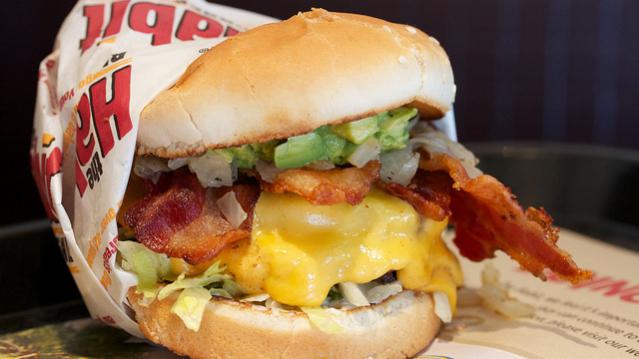
The thousands of taste buds on a human tongue each contain as many as 100 taste receptors. The interaction between those receptors and the chemicals in our food determine the taste of that hamburger or salad you’re having for lunch.
Our sense of taste has long been broken into four basic categories — sour, sweet, salty and bitter. A fifth basic taste was added more recently: umami, which means “delicious” in Japanese but refers to a meaty or savory flavor sensation. Now researchers claim there’s a sixth basic taste.
Scientists at Purdue University have published a new study in the journal Chemical Sense that they say provides evidence that chemicals called nonesterified fatty acids (NEFA) — in other words, fat — causes a taste sensation that is different from the other five tastes. The researchers have proposed that the new taste be referred to as “oleogustus.” “Oleo” is the root word for oily or fatty in Latin and “gustus” means taste.
Related: The 11 Worst Fast Food Restaurants in America
The researchers emphasize that they are talking about a taste, not just the creamy mouth feel you get from eating a rich piece of meat or a dish loaded in butter.
The fat that delivers that creamy, smooth feeling is a triglyceride, made up of three different fatty acids, they explain. Oleogustus — a gag-inducing taste on its own, but much more appetizing in combination with other flavors — comes from only one of those fatty acids that breaks off from the larger molecule in the food or as you’re chewing.
This finding has the potential to generate big changes in the food industry. Understanding the taste component of fat can do more than add to our knowledge of how our brain and digestive system interact. It may also help the food industry create more appealing, and potentially healthier, products.
Top Reads from The Fiscal Times:
- Teens Are Having Much Less Sex Than Their Parents Did at That Age
- You’re Richer Than You Think. Really.
- The New Generation of ‘Genuinely Creepy’ Electronic Devices
Wages Are Finally Going Up, Sort of

Average hourly earnings last month rose by 2.9 percent from a year earlier, the Labor Department said Friday — the fastest wage growth since the recession ended in 2009. The economy added 201,000 jobs in August, marking the 95th straight month of gains, while the unemployment rate held steady at 3.9 percent.
Analysts noted, though, that the welcome wage gains merely kept pace with a leading measure of inflation, meaning that pay increases are largely or entirely being canceled out by higher prices. “The last time unemployment was this low, during the dot-com boom, wage growth was significantly faster — well above 3.5 percent,” The Washington Post’s Heather Long wrote. The White House Council of Economic Advisers this week issued a report arguing that wage gains over the past year have been better than they appear in official statistics.
Cost of Trump’s Military Parade Rising Fast

It looks like President Trump’s military parade is going to cost a lot more than the initial estimate suggested – about $80 million more.
The Department of Defense pegged the cost of the parade at roughly $12 million back in July, but CNBC reported Thursday that Pentagon officials have increased their estimate to $92 million. The total consists of $50 million from the Defense Department and $42 million from other agencies, including the Department of Homeland Security.
The parade, which President Trump requested after attending a Bastille Day military parade in Paris last year, is scheduled for November 10 and will reportedly include aircraft, armored vehicles and soldiers in period uniforms. Abrams tanks, which weigh roughly 70 tons apiece, will also be included, CNBC said, despite concerns about heavy military equipment ripping up the streets of Washington. A Pentagon analysis apparently found that the armored vehicle’s treads would not cause any damage.
The parade is expected to begin at the Capitol, continue past the White House and end at the National Mall, according to earlier reports from NBC News.
Quote of the Day: Time to Raise Taxes?
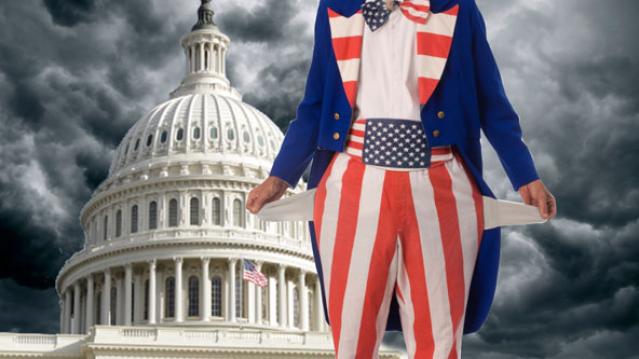
“Tax revenue as a percentage of gross domestic product is expected to be 16.5 percent next year. The long-term average in a full-employment economy is 18.5 percent of GDP; if revenue were at that level for the coming decade, debt would be $3.2 trillion lower and the 10-year fiscal gap would be halved. Returning to past revenue levels, however, will be inadequate over time, because an aging population will increase Medicare and Social Security costs. This need not pose a problem: Revenue was roughly 19 percent of GDP in the late 1990s, and economic conditions were excellent.”
– Former U.S. Treasury Secretary Richard E. Rubin, writing in The Washington Post
Quote of the Day: When Tax Cuts Pay for Themselves
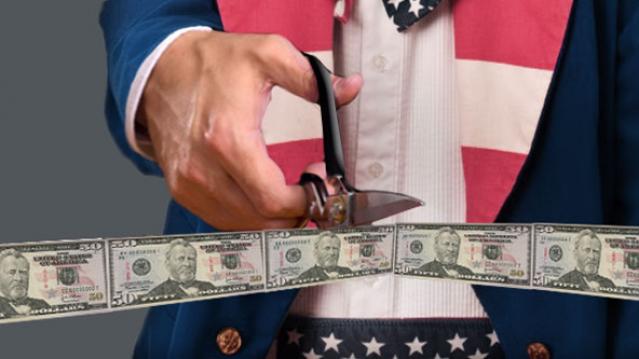
“You … often hear the claim that a lot of tax cuts will ‘pay for themselves,’ that they’ll cause so much additional economic activity that the revenue feedback from that activity will fully offset the direct revenue loss caused by the tax cut so that you end up making money for the federal government, or at least not losing any money. Now, of course that is theoretically possible and it would happen at extreme rates. I mean if a country had a 99 percent flat rate income tax and lowered it to 98 percent, I believe that they almost certainly would collect more revenue at the 98 percent rate than they did at the 99 percent rate. But the idea that this type of effect would occur at today’s tax levels just requires responses that are much bigger than statistical evidence would support and I think much bigger than common sense would indicate if you just ask people how they themselves would react to the tax cut.”
-- Alan Viard, tax policy expert at the American Enterprise Institute
Map of the Day: Gas Taxes
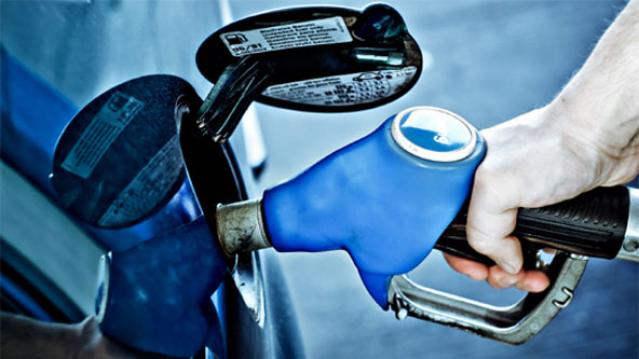
It’s summertime and the driving is anything but easy if you want to get to your favorite beach or mountain cabin for a well-deserved break. As lawmakers consider a plan to raise federal fuel taxes by 15 cents a gallon, here’s a look at the current state-level taxes on gasoline, courtesy of the Tax Foundation:

